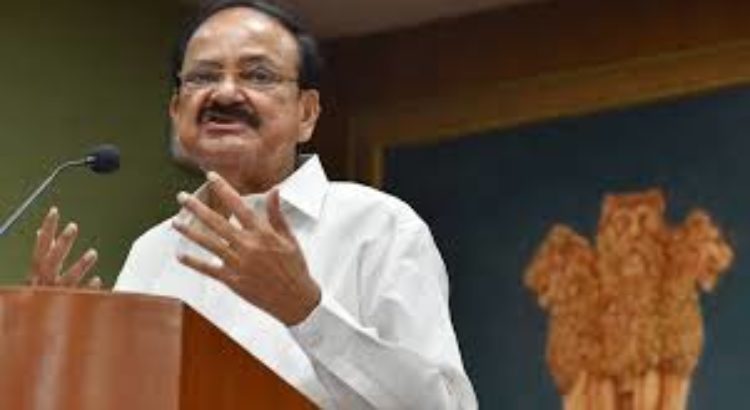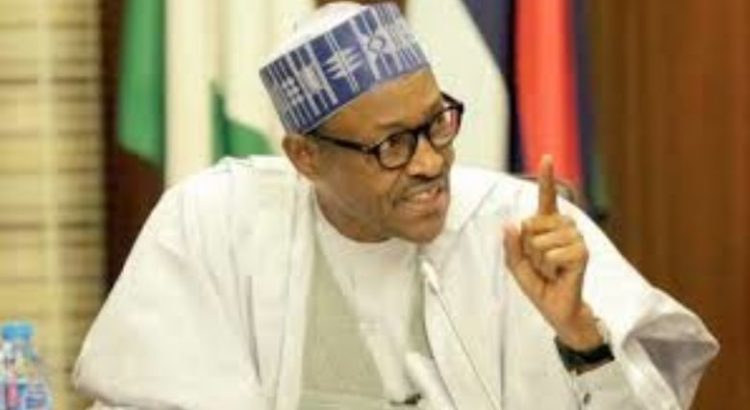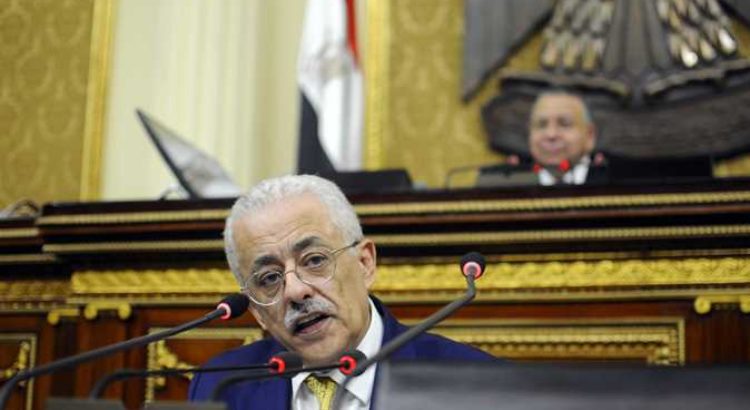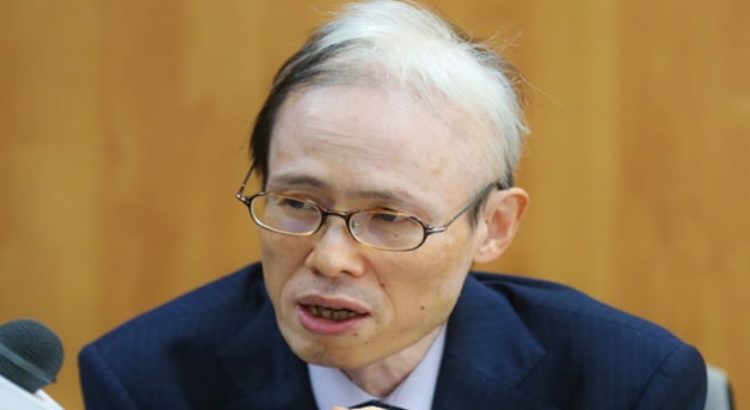Oceania/ Australia/ 19.11.2018/ Source: www.unicef.org.au.
Around Australia, children say that education, both in school and beyond the classroom is the best way to equip them for the futures they want. For World Children’s Day tomorrow (20 November), UNICEF Australia will release the results of research with students about how they experience our education system and what children say they need to achieve their full potential.
Across all our work, UNICEF Australia is committed to ongoing consultation with children and young people. UNICEF’s nine Young Ambassadors are travelling around the country to visit schools and consult with children about the issues that matter to them and ensure that their voices are heard. From Dubbo to Gympie, and Perth to Sydney, children say they want equal access for all children to be able to learn.
UNICEF Australia Young Ambassador Lachlan Arthur said, “Children are telling us that they want to be able to learn more life-skills and practical skills for the future in school including basic finance skills such as budgeting. Almost all the children we have spoken to so far recognise that the future is in technology and want their education to help them harness opportunities in this area in the future.”
This year’s World Children’s Day is all about how we can best equip children for the future.
“World Children’s Day is a fun day with a serious message,” said UNICEF Australia CEO Tony Stuart. “It is a day when all children are encouraged to speak out about what matters to them. It is also an opportunity for adults, whether they be parents or politicians, to make a special effort to listen to children about how we can best support them.”
To celebrate the day, leaders from entertainment, government, sport and business will rally for children and there are a number of special events. These include:
- Iconic landmarks including the Sydney Opera House and the Ferris wheel at Luna Park in Sydney will light up in blue on the night of 20 November.
- A free photography exhibition is open on the Western Broadwalk of the Sydney Opera House to shine a light on how education can transform children’s lives. City of Sydney Councillor Jess Miller will officially open the exhibition with UNICEF Australia CEO Tony Stuart on Tuesday 20 November.
- UNICEF Australia’s corporate partner Qantas will release a video with sports partner, the Westfield Matildas, in which team members Claire Polkinghorne, Sam Kerr, Katrina Gorry and Gema Simon “go blue” during a game of football with 20 young fans.
- Together with learning technology company Entropolis, UNICEF is launching the Futurepreneurs Patrons’ Fund, a collective giving opportunity to fund entrepreneurship education for children in remote socio economic communities.
- UNICEF Australia Ambassadors including Carrie Bickmore Tim Cahill, Ken Done, Adam Liaw, Callan McAuliffe and The Wiggles are showing their support for children.
- Statues of children in major cities are sporting UNICEF backpacks as a symbol of our commitment to children and education.
UNICEF’s annual World Children’s Day is commemorated each year on 20 November and marks the anniversary of the adoption of the Convention on the Rights of the Child. The global day raises awareness and vital funds for the millions of children who are unschooled, unprotected and uprooted. This year, UNICEF is inviting the public to Go Blue for every child by doing or wearing something blue on 20 November. For this World Children’s Day, children chose the theme of education by voting online.
Source of the notice: https://www.unicef.org.au/about-us/media/november-2018/what-australian-children-want-for-world-children%E2%80%99s













 Users Today : 17
Users Today : 17 Total Users : 35460370
Total Users : 35460370 Views Today : 24
Views Today : 24 Total views : 3419124
Total views : 3419124